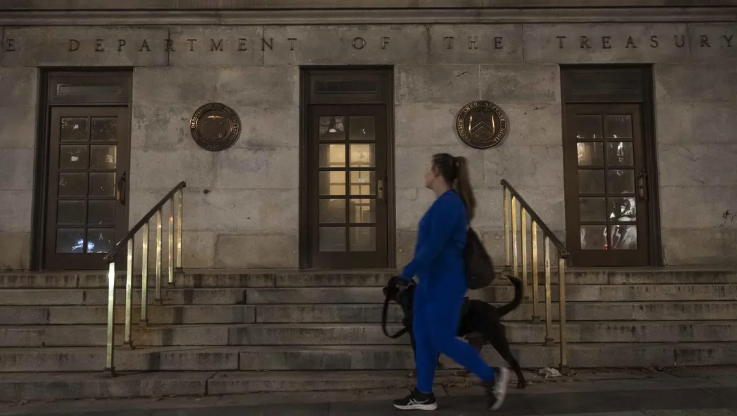California: New Law Could Raise Fast Food Workers' Wages By 40%
On Tues., legislators in Calif. passed a law known as AB 257 that would create a ‘Fast Food Council’ responsible for regulating pay and working conditions for employees in the sector.

Facts
- On Tues., legislators in Calif. passed a law known as AB 257 that would create a ‘Fast Food Council’ responsible for regulating pay and working conditions for employees in the sector.
- The new 10-person council would be made up of fast-food employees and would have the power to raise the minimum wage at chains that have over 100 branches in the U.S., including McDonald’s, up to $22 per hour.
- AB 257 — formally titled the ‘Fast Food Accountability and Standards Recovery Act’ — would also raise wages annually by either 3.5% or the rate of inflation, whichever is less.
- Both unions and the fast food industry lobbied strongly before the Calif. state legislature passed the bill on Tuesday. The franchise industry is lobbying strongly against the bill, which is yet to be signed into law by Democrat Gov. Gavin Newsom, that will shift the state closer to a model of ‘sectional bargaining,’ whereby workers negotiate on an industry-wide basis.
- Franchise lobbying did succeed in diluting some measures of the bill — which could affect as many as 550K workers in the state — including excluding the council’s authority over sick leave standards and health and safety in stores.
- Newsom has until Sept. 30 to sign the bill into law.
Sources: Daily Wire, Business Insider, Axios, New York Times, and CNN.
Narratives
- Pro-establishment narrative, as provided by The Wall Street Journal. This is a threat to consumers and the industry at large. Fast food workers are already paid significantly better than many other workers at a similar skill level. Forcing wages up will only push prices up, threaten business, and negatively affect many people seeking to enter the workforce.
- Establishment-critical narrative, as provided by The Guardian. This is a triumph for employment rights. Workers are increasingly struggling to make ends meet, and the persistent threat of poverty became apparent for many during the pandemic. The balance of power is rightly shifting back to employees who have been given a collective voice.






